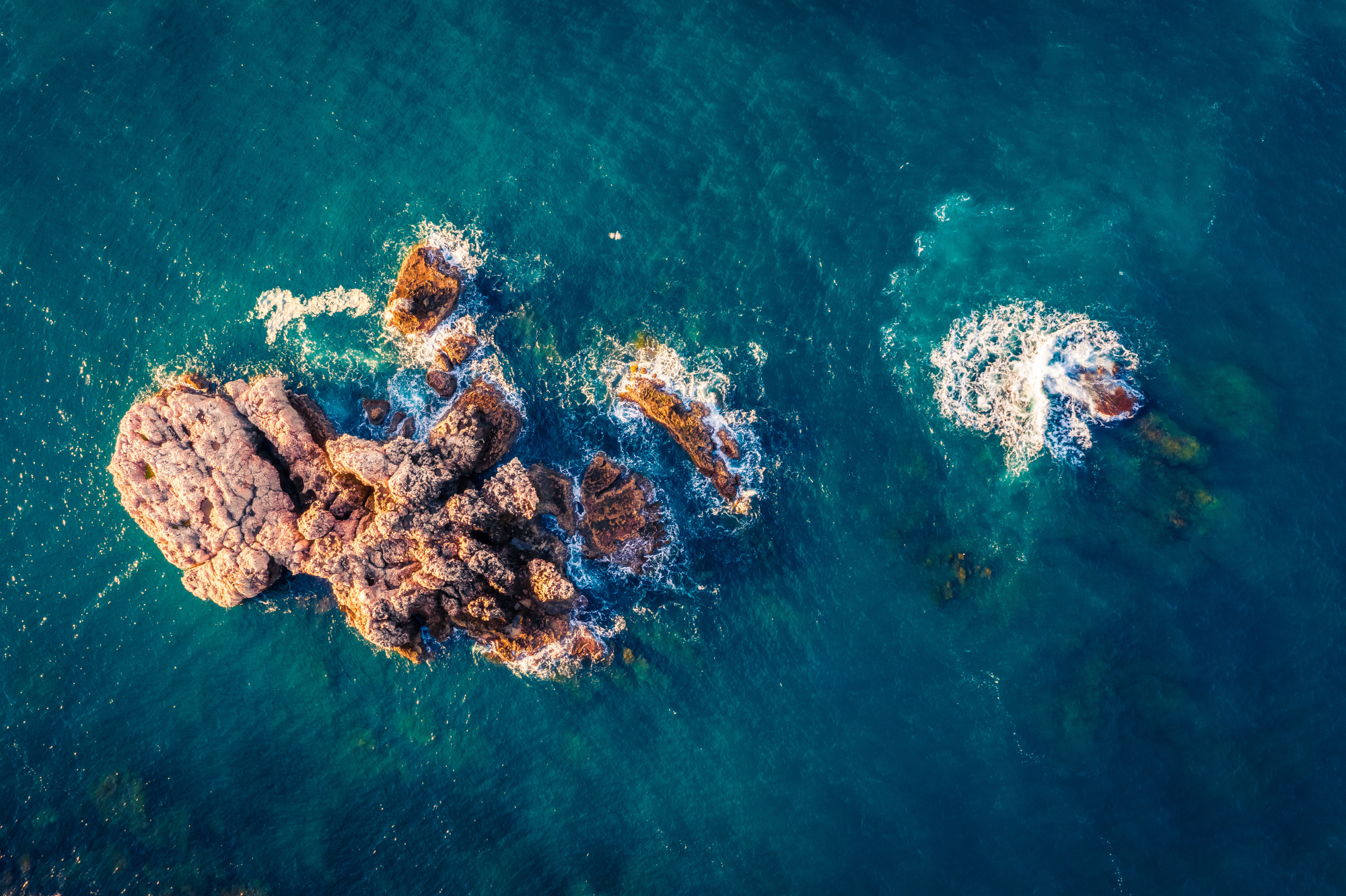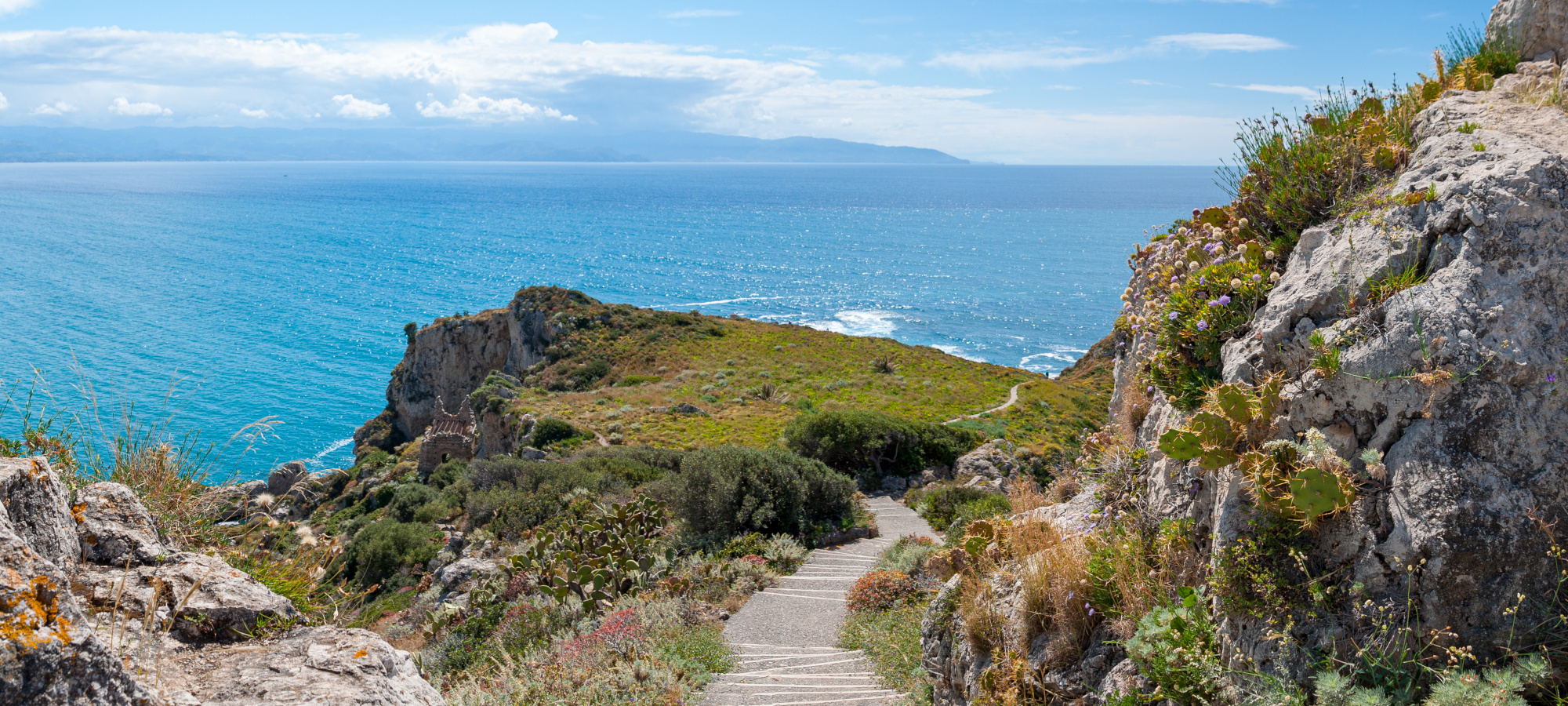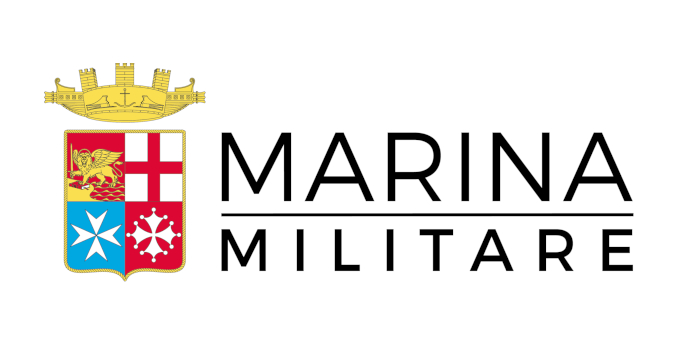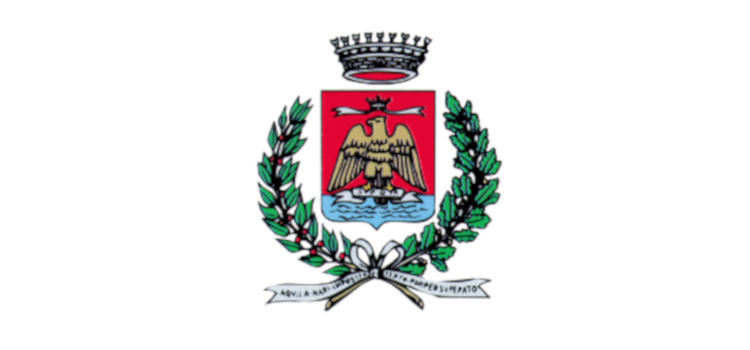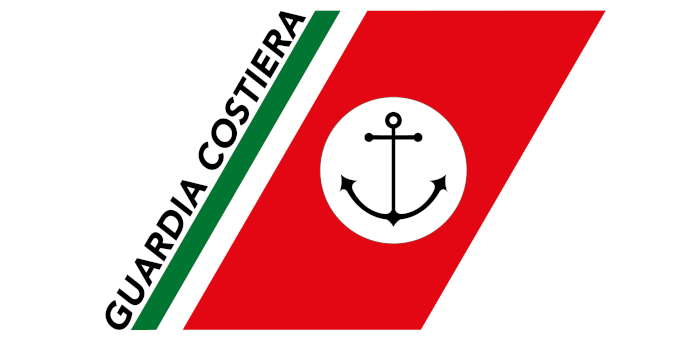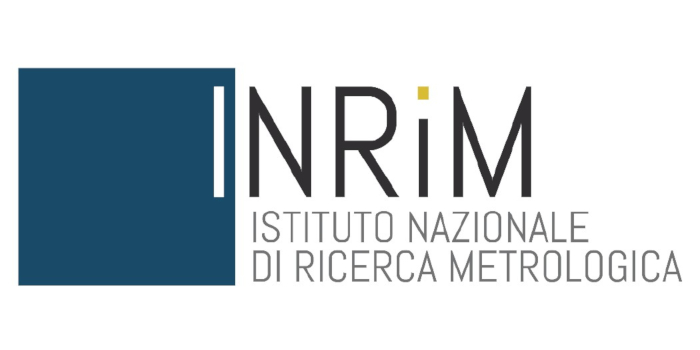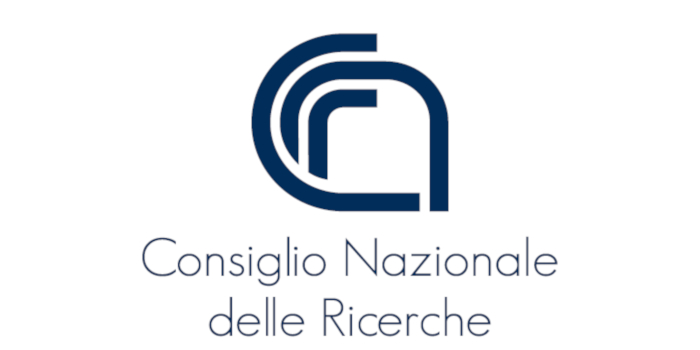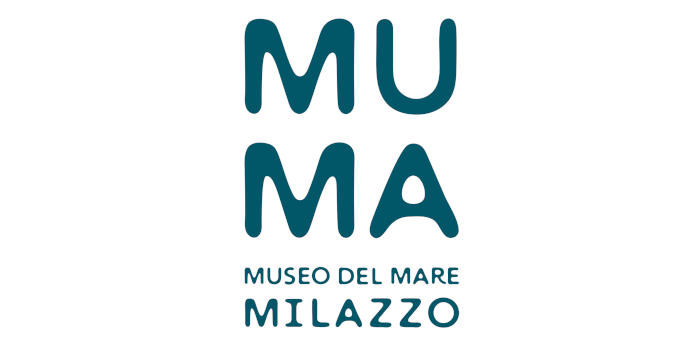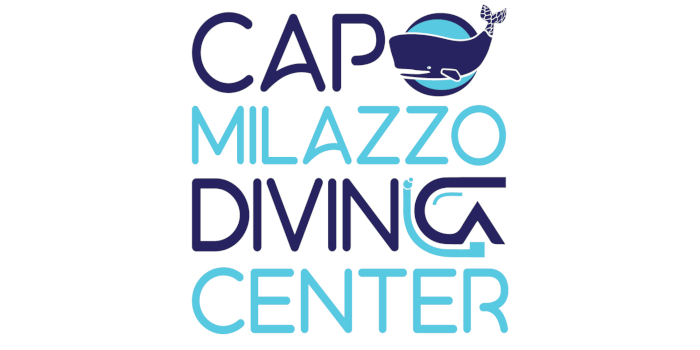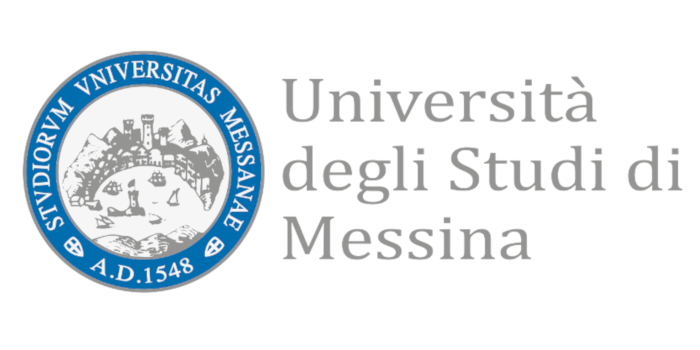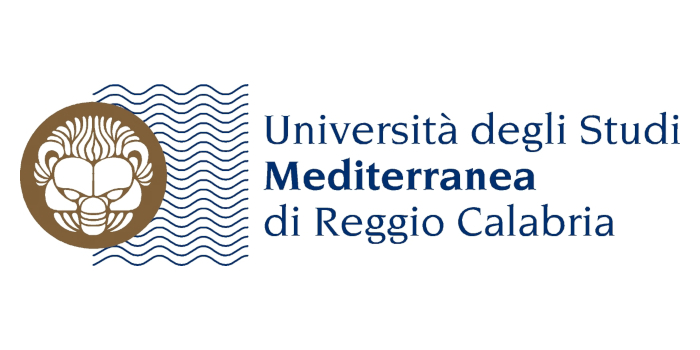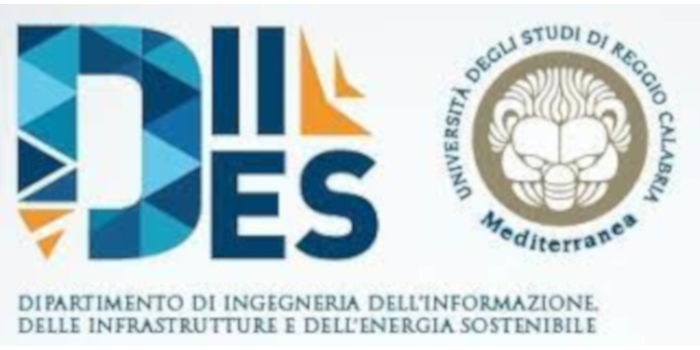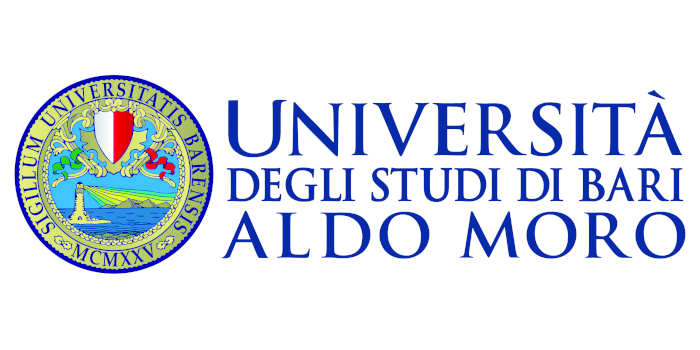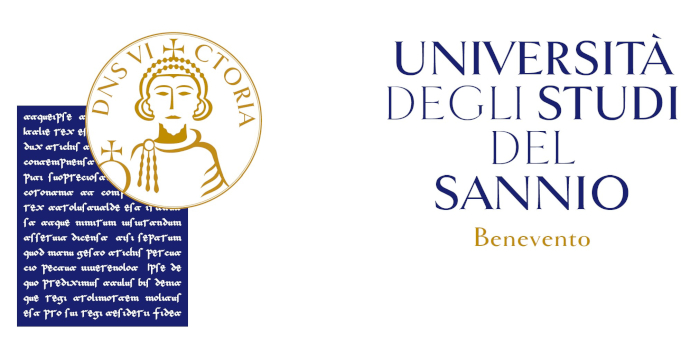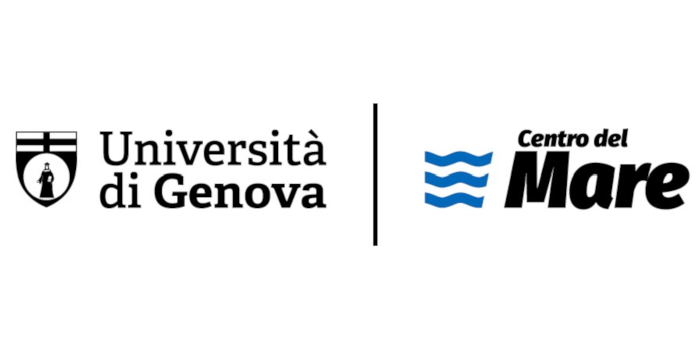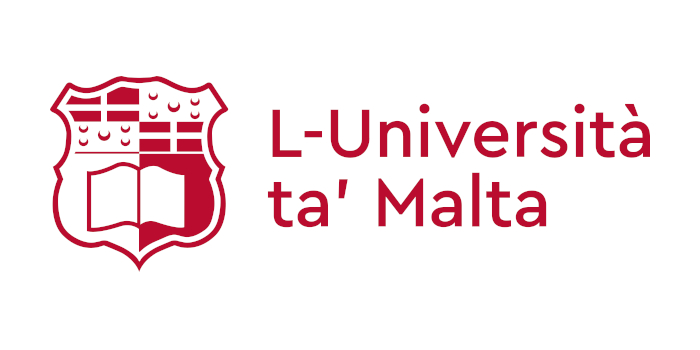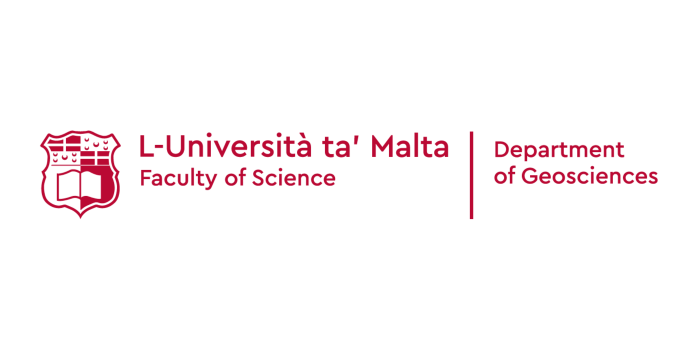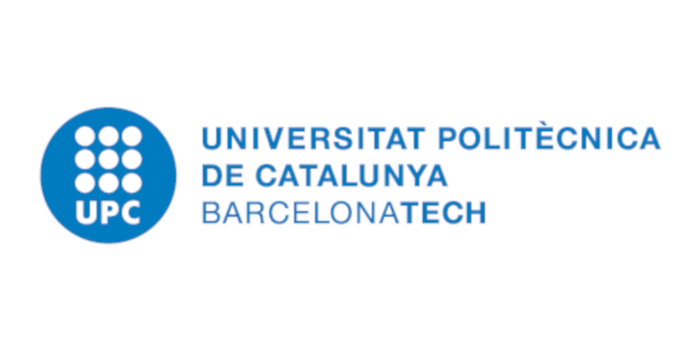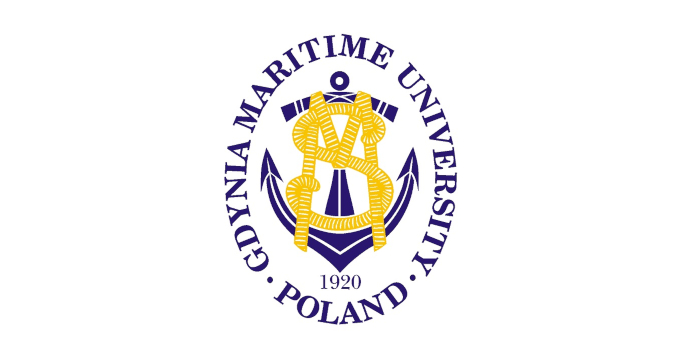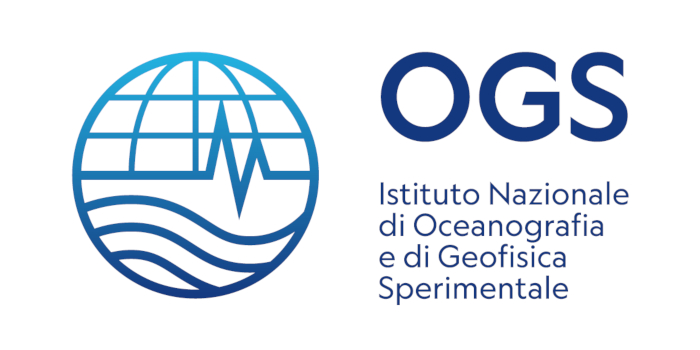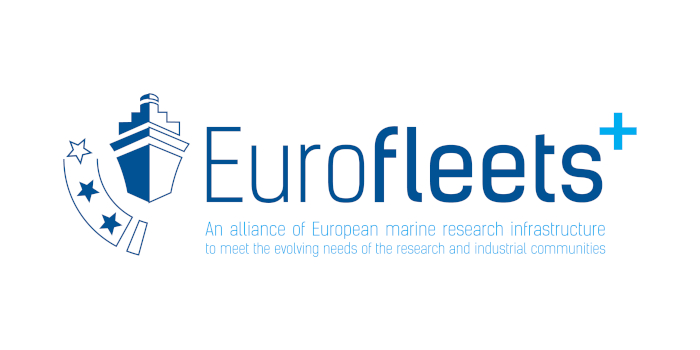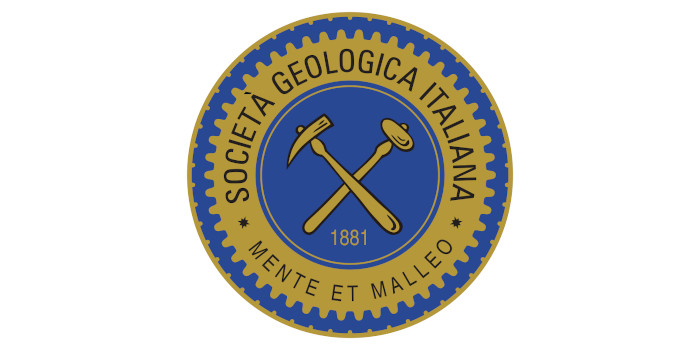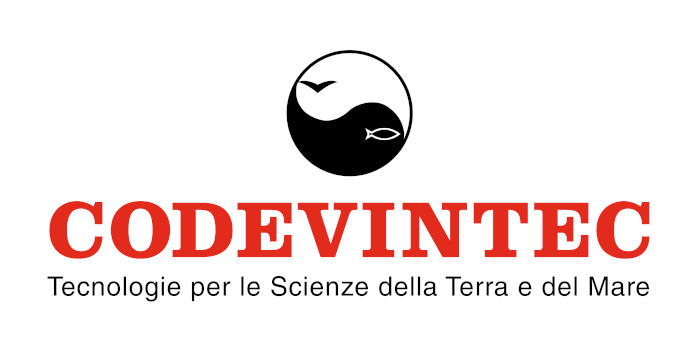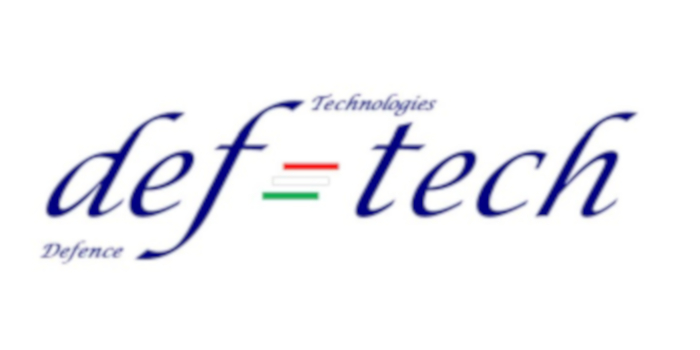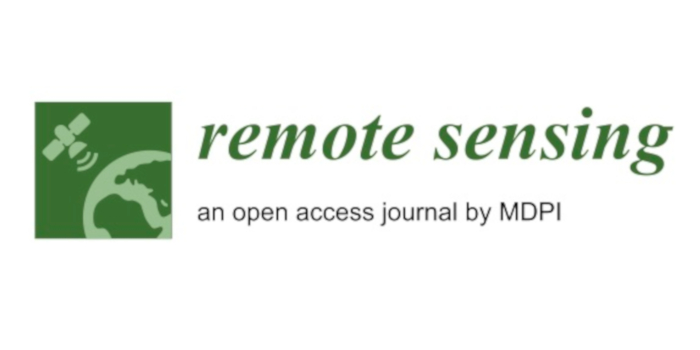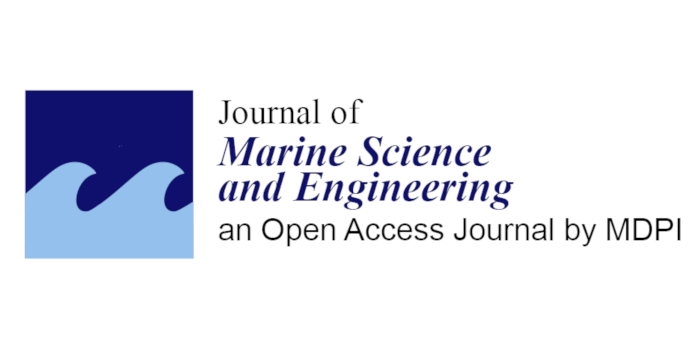Cybersecurity Technologies and Instruments for Naval Sensors and Systems (NavalCyberSec)
ORGANIZED BY

Alan Oliveira
Faculty of Sciences of the University of Lisboa, Portugal
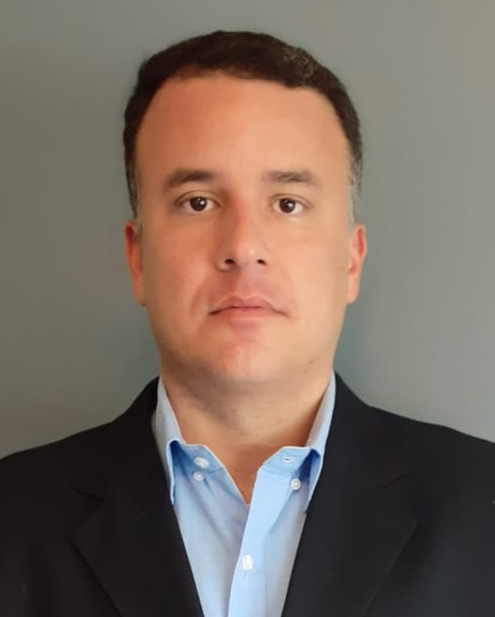
Raphael Machado
Inmetro and UFF, Brazil
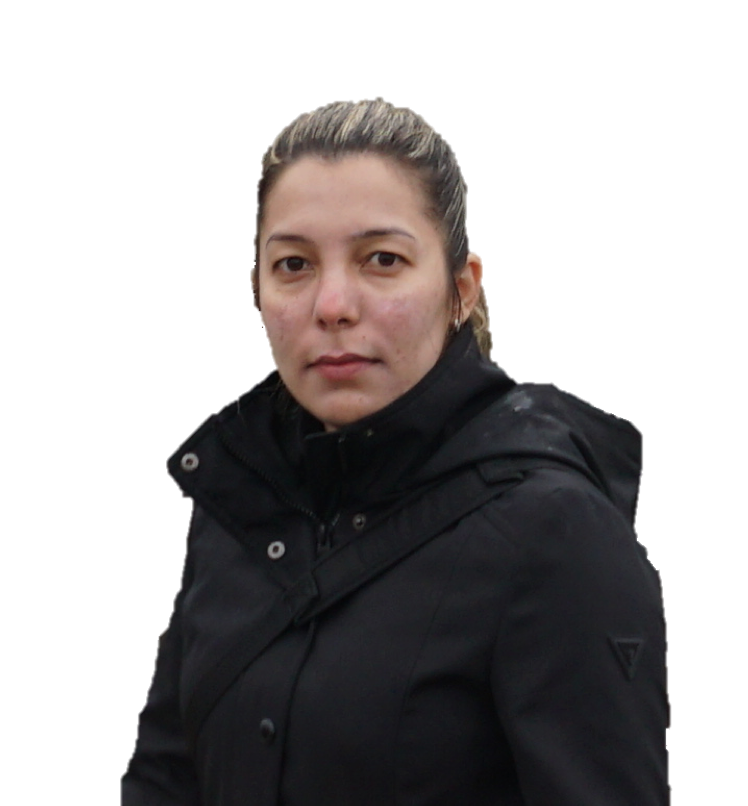
Lucila Bento
State University of Rio de Janeiro, Brazil
ABSTRACT
The presence of cyber domain in the naval environment is growing. Maritime systems are inevitably following the worldwide trends and adhering to the cutting-edge technologies of Industry 4.0, Internet of Things (IoT), smart sensors, and others. The advantages brought by these technologies benefit a wide range of naval sectors, encompassing military and merchant navies, and offshore industries.
At the same time that cyber technologies provide several benefits to naval systems and maritime operations, they also make them prone to cyberattacks. Depending on the circumstances, a cyber threat affecting a naval system (military or civilian) may cause negative impacts on transportation, energy, defense, food and other industries. The consequences can result in environmental, economic and security losses. In this context, the cybersecurity of naval systems arises as a critical issue to be addressed.
TOPICS
NavalCyberSec Special Session at the 2021 IEEE International Workshop on Metrology for The Sea aims at discussing measurements, instruments and technologies for cybersecurity in naval systems. In this sense, NavalCyberSec seeks original contributions on the following themes (but not limited to):
- Security tools and instruments in the naval scope:
- Security Information and Event Management - SIEM;
- Intrusion Detection Systems (IDS);
- Intrusion Prevention Systems (IPS);
- Vulnerability Management Systems;
- Security Tests;
- Security Event Correlation;
- Cybersecurity of naval sensors and systems:
- Integrated Bridge Systems (IBS);
- Electronic Chart Display Information System (ECDIS);
- Dynamic Positioning (DP) systems;
- Systems that interface with electronic navigation systems and propulsion/maneuvering systems;
- Global Maritime Distress and Safety System (GMDSS);
- Radar and ARPA equipment;
- Positioning systems (GPS, etc.);
- Automatic Identification System (AIS);
- Other monitoring and data collection systems;
- Cybersecurity of sensors and systems in the offshore industry:
- Offshore oil and gas industry;
- Offshore wind energy industry;
- Attack modelling and characterization of vulnerabilities in naval sensors and systems;
- Standards, conformity and risk assessment for cybersecurity of maritime sensors and systems;
ABOUT THE ORGANIZERS
Alan Oliveira de Sá is Assistant Professor at the Department of Informatics, Faculty of Sciences of the University of Lisboa. He holds a Ph.D. in Informatics by the Federal University of Rio de Janeiro (2019), received the M.Sc. in electronic engineering by the State University of Rio de Janeiro (2015) and graduated in electronic engineering by the Rio de Janeiro Federal Center for Technological Education (2006). He is an integrated researcher at the LASIGE research laboratory, where he is member of the Cyber‐Physical Systems and the Resilient Distributed and Networked Systems research lines. His research interests include cyber‐physical systems, cybersecurity, naval systems, defense systems, and intelligent systems.
Raphael Machado is a Researcher at Inmetro (National Institute of Metrology, Quality, and Technology), and Professor at Fluminense Federal University, in Rio de Janeiro, Brazil. He holds a Ph.D. in Systems and Computer Engineering and co-authored more than one hundred scientific papers in journals and conferences. He obtained several grants and prizes, including the FAPERJ Rio de Janeiro Young Scientist Grant and the CNPq Research Productivity Grant. He organized several national and international conferences and workshops in Computer Science.
Lucila Maria de Souza Bento, holds a Ph.D. in Informatics at the Federal University of Rio de Janeiro (2015), a Master's degree in Informatics also from the Federal University of Rio de Janeiro (2012) and is a Technologist in Computer Systems at the Fluminense Federal University (2010). She is currently Professor at the Institute of Mathematics and Statistics of the State University of Rio de Janeiro. Her research interests include algorithms, graph theory, artificial intelligence, and information security.
